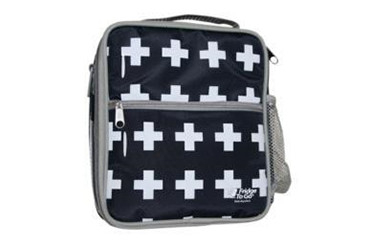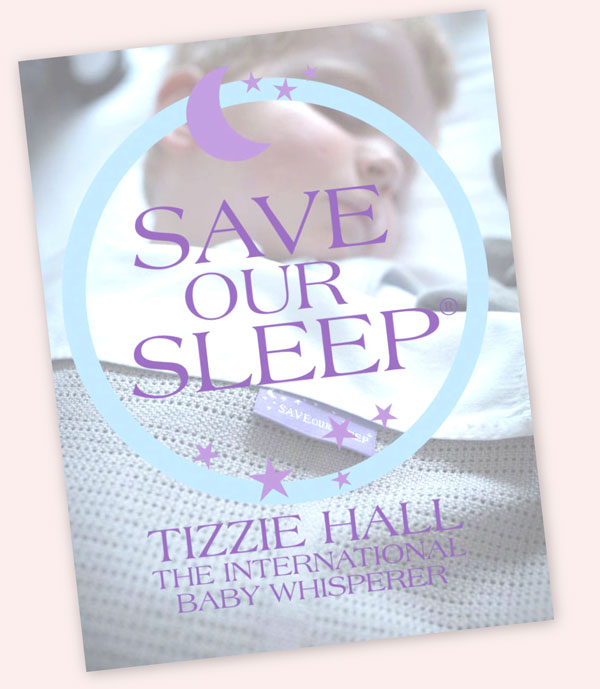Eating & Drinking
Infant Acid Reflux
Do you suspect your child has reflux? Have you been told your baby has infant acid reflux, but aren't sure?
The Save Our Sleep™ Reflux Artilce can help you identify and relieve infant reflux.
Babies with infant acid reflux spend less time sleeping and more time crying, day and night. These symptoms can have other causes, however, whether your baby has infant acid reflux, or has been misdiagnosed, the Save Our Sleep™ routines will help you treat your babies symptoms.
Some parents have found that a structured routine causes the baby reflux to disappear, usually when the reflux was misdiagnosed. However, if your child does have a case of infant reflux, a routine will often help reduce the reflux symptoms. The reflux pain is eased, and your baby is more comfortable and much happier.
Get the article Are Some Babies Being Mis-diagnosed With Reflux?
Colic
When your baby cries for long periods, it can be distressing for you as well. No parent can bear to see their baby upset or in pain.
What causes your baby's unexplained crying? It's commonly Colic.
Purchase our article about Colic and the best ways to solve it.
What is Colic?
Colic is a general term for a pattern of unsettled behaviour and crying, common in a babies first few months of life. Statistically, Colic occurs in 1 in every 5 babies, and is equally common in breast fed and bottle fed babies.
Parents with 'colicky' babies always describe how their baby screams for hours at a time, usually in the evenings, and also has sleep problems. Their babies keep bringing their legs up to their chests, as though in pain. Our article on Colic explains the Save Our Sleep™ definition of Colic, and helps you create a structured routine to counter its effects.
Get the article 'How to make Colic disappear'.
The Dreamfeed
To do the dreamfeed, you gently pick up your sleeping baby, place the bottle or breast on his lower lip and allow him to drink, taking care not to wake him. When finished, sit him upright for a few minutes to allow wind to escape. Babies are usually so relaxed at this feed, they don't gulp air and so don't have much wind.
The reason I recommend the dreamfeed, is to try to avoid you having to get up more than once in the night. When your baby is about eight weeks old, I recommend the dreamfeed at 10:30 at night. If you followed the routine but didn't have the dreamfeed, your baby would go to sleep at 7pm and maybe wake between 11pm and 1am for the next feed. Let's say your baby woke at 1:30am, you would get up and feed your baby. Maybe your baby would be back in bed asleep at 2:30am, but he might wake again at 5:30am for another feed. Then, by the time you have him asleep again, it would be time to get up and start the day. With the dreamfeed, your baby may sleep until let's say 2am and then when back in bed; he is more likely to sleep until 7am. This means you have only had to get up once in the night.
The other thing we are hoping for is the 2am wake will become 2:30am then 3am then 3:30am, until your baby is getting to 7am by himself. I get a lot of clients contacting me when their baby is sleeping until 6am. I always tell them don't make your baby wait until 7am for the feed. They have done so well over night, and should be rewarded with their feed. Feed your baby at 6am and then top him up just before you would have usually finished the 7am feed. So he is full at the usual time and can get to 11am for the next feed.
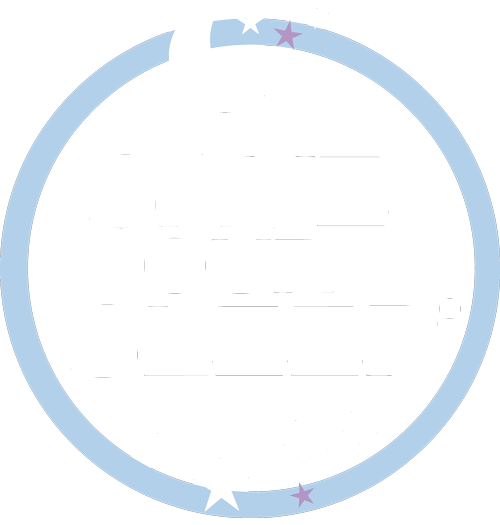



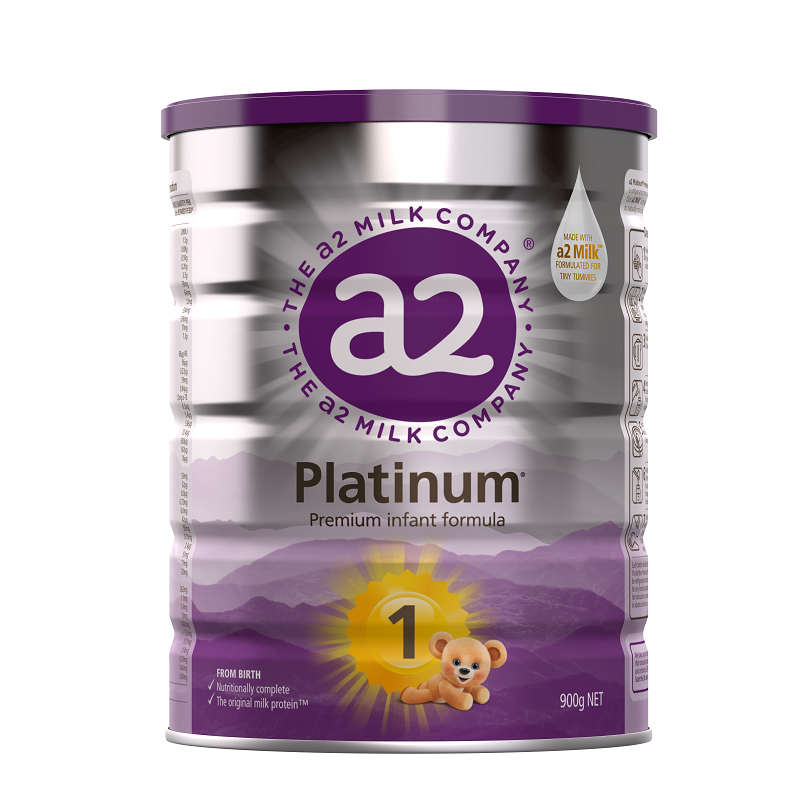
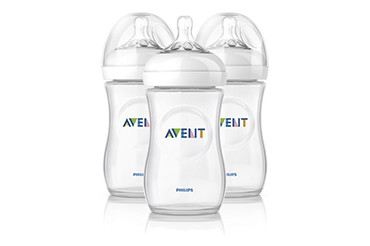
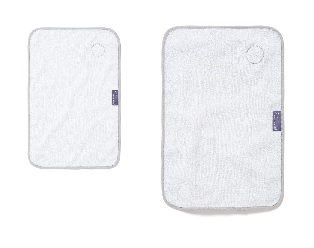
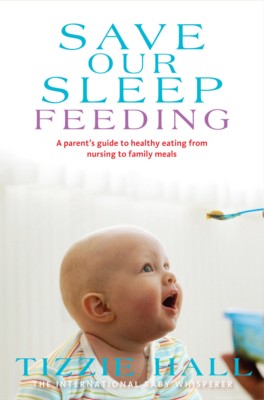
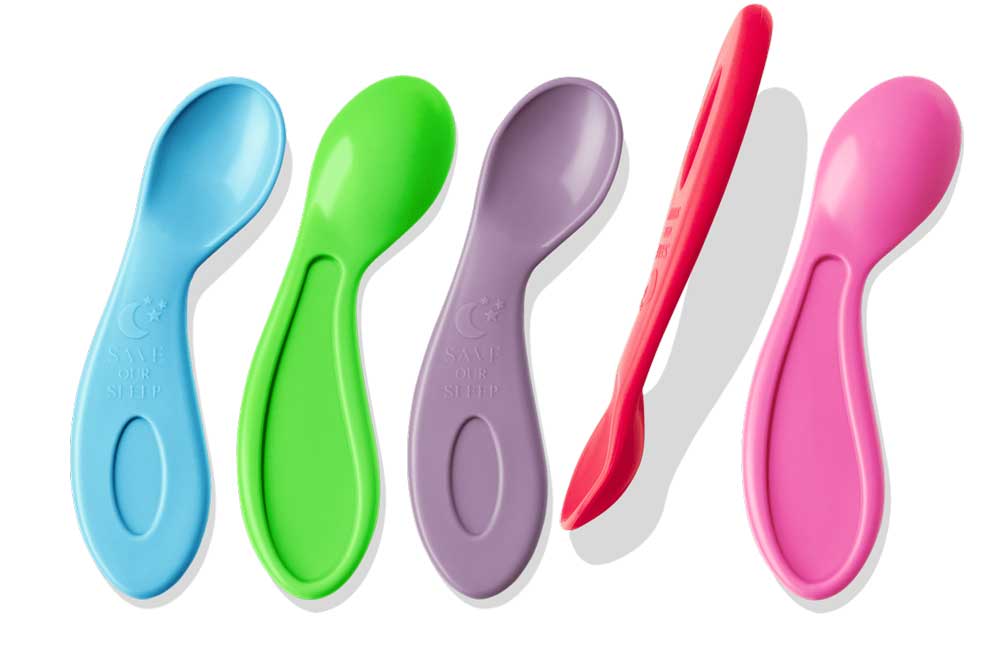
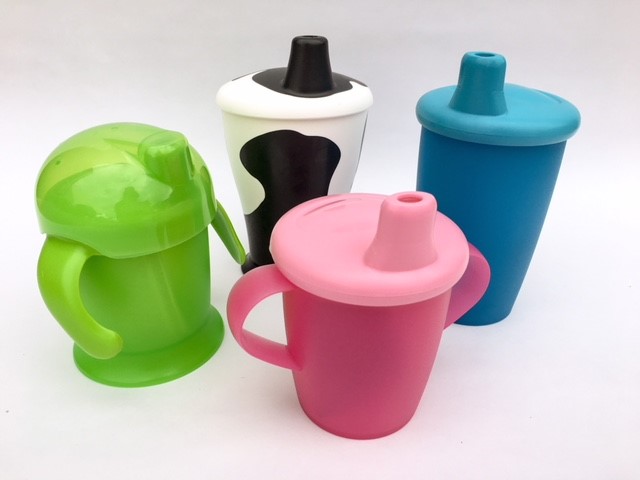
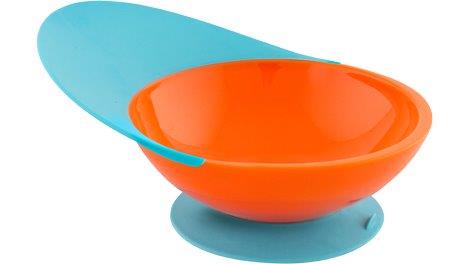
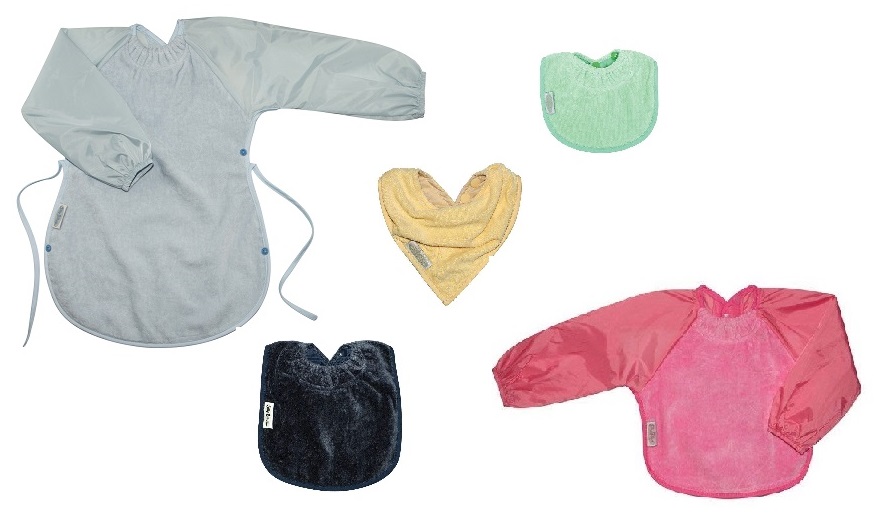
.jpg)

